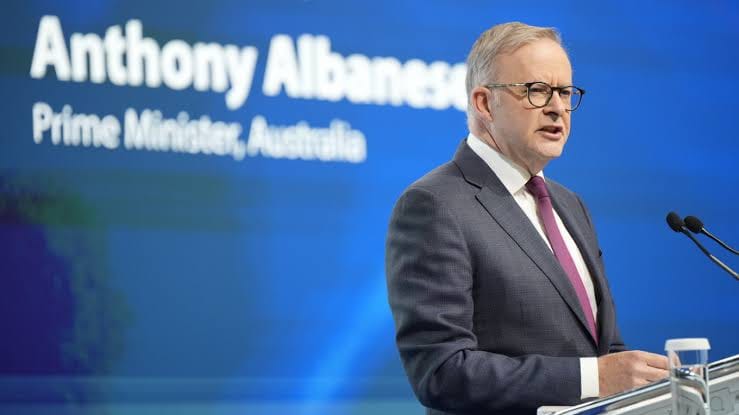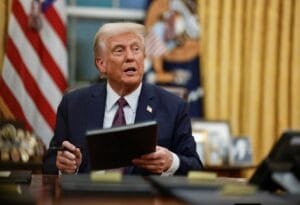Australia blocks construction of Russian embassy near parliament, citing security concerns

Australia has blocked Russia from building a new embassy near Parliament House in a move driven by concerns over national security and potential espionage.
“The Australian government’s decision came after intelligence officials warned of the spying risks and security threats posed by the proposed embassy.”

“Russia currently holds the lease for a plot of land located approximately 400 meters away from Australia’s parliamentary precinct in Canberra. Initial construction work had begun, but the Australian government, unable to prevent the development through legal channels, swiftly enacted new legislation on Thursday specifically designed to halt the construction.”
“Prime Minister Anthony Albanese confirmed that the legislation was swiftly formulated following a meeting of Australia’s National Security Committee. He emphasized that the government had received clear security advice regarding the risks associated with having a new Russian presence in such close proximity to Parliament House. Albanese stated, “We are acting quickly to ensure the lease site does not become a formal diplomatic presence.””
“A Russian diplomat, in response to the announcement, informed AFP that the embassy is seeking legal advice in light of the development. The newly passed laws, which received bipartisan support, do not prevent Russia from maintaining a diplomatic presence in Australia. However, they prohibit the construction of an embassy in such close proximity to the parliament. The legislation also acknowledges the possibility of Russia being eligible for financial compensation.”
“Experts specializing in counterintelligence, such as former FBI agent Dennis Desmond, have expressed reasonable suspicions that Russia intended to utilize the proposed embassy site as a base for spying on Australian politicians. Desmond explained that the choice of location for an embassy holds specific intent, pointing out that Russia has a wide range of techniques and tactics at its disposal.
“These may include signals intelligence and tailing Australian officials, he suggested. Alex Bristow, a former UK diplomat associated with the Australian Strategic Policy Institute, indicated that the Australian government likely received a strong warning from intelligence agencies, highlighting the potential for electronic surveillance operations originating from the embassy. Bristow emphasized the considerable capabilities, aggressiveness, and lack of constraints of Russia’s intelligence services, which surpass those of Western intelligence agencies.”
“Prime Minister Albanese anticipated potential backlash from Russia, stating, “We don’t expect Russia is in a position to talk about international law, given their rejection of it so consistently and so brazenly with their invasion of Ukraine.”
“The lease for the land in question was acquired by Russia in 2008 through an agreement with the National Capital Authority, a federal government agency, and received building approval in 2011. The planned move aimed to relocate the embassy from its current site—an imposing brick building situated in an unfashionable area of the city, overlooking a funeral parlor, a pub, and a petrol station. However, construction progress has been slow, and the site remains cluttered with building materials. As relations between the two countries deteriorated due to Russia’s invasion of Ukraine, the Australian government, initially supportive of the plans, found itself scrambling to terminate the lease. A previous attempt to cancel the lease was dismissed by the federal court last month, prompting the government to shift its approach toward national security legislation.”
“Australia’s decision to block the construction of the Russian embassy near Parliament House serves as a testament to the country’s commitment to safeguarding its national security and protecting its democratic institutions.”













